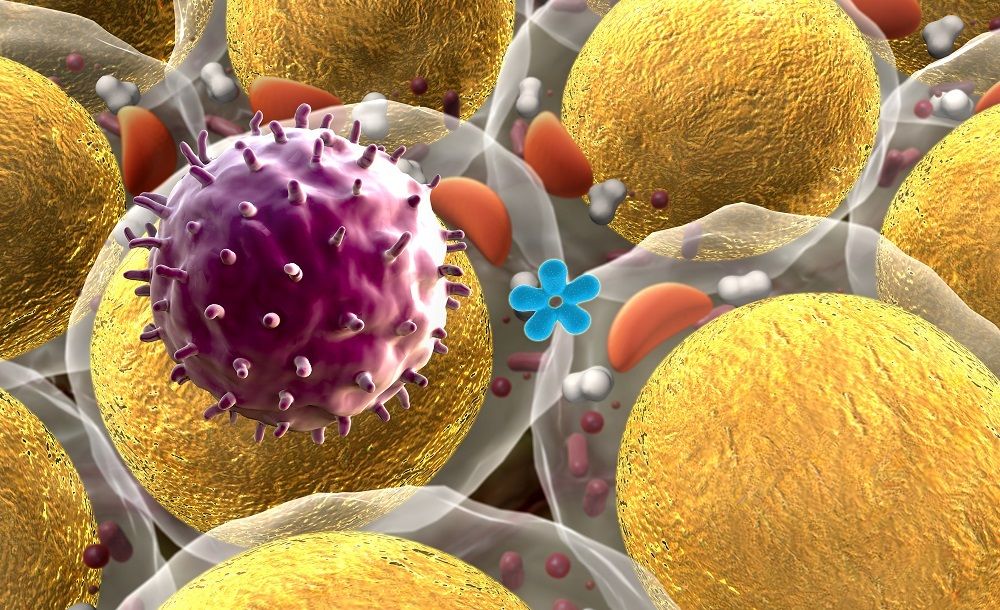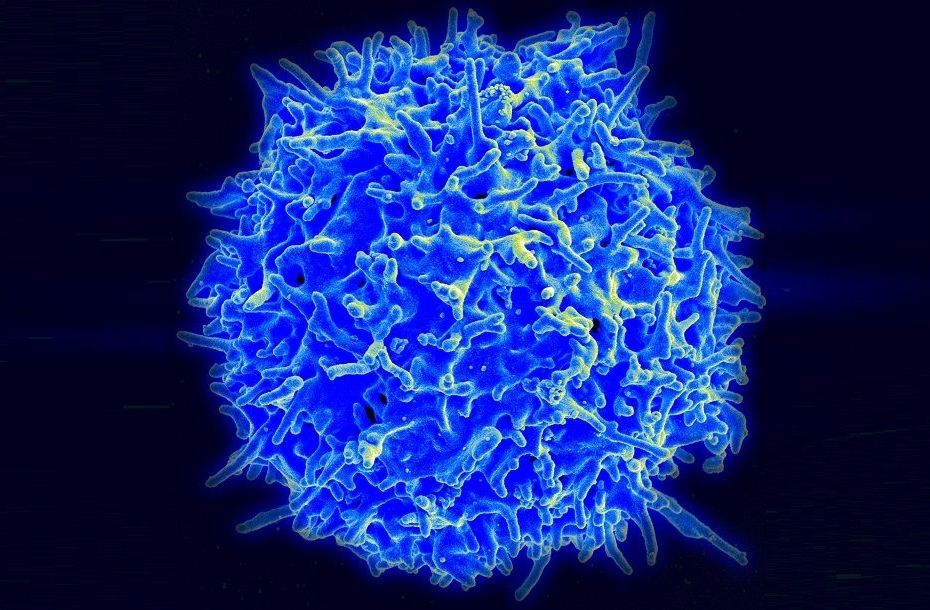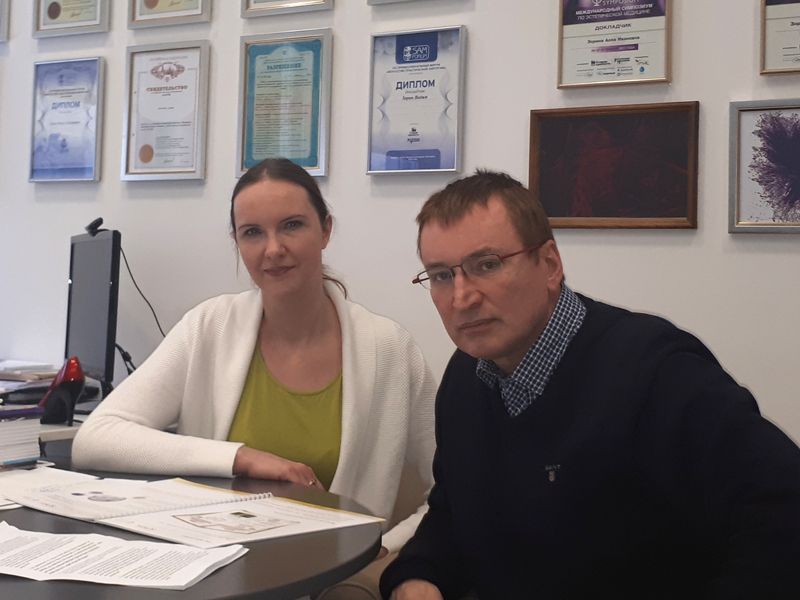Researchers solved a problem that has been holding back the use of viral vectors for cancer therapy. They re-engineered viruses with a novel stealth technique that enables them to be used to treat cancer.
Up until now, viral vectors couldn’t be used widely in cancer therapy. Researchers just announced that they re-engineered an adenovirus with a novel stealth technique that enables it to be used to fight tumors. [This article first appeared on the website LongevityFacts.com. Author: Brady Hartman. ]
Viral vectors are well-developed tools used by scientists to deliver genetic material into cells. Unfortunately, they haven’t worked well to treat cancer until a group of researchers in Switzerland re-engineered them to enable them to be used in cancer therapy.
Researchers from the University of Zurich have re-engineered an adenovirus for use in cancer therapy. To achieve this, scientists developed a new protein shield that hides the virus and protects it from being eliminated by the body. Moreover, adapters on the surface of the virus enable the reconstructed virus to target and infect tumor cells.









